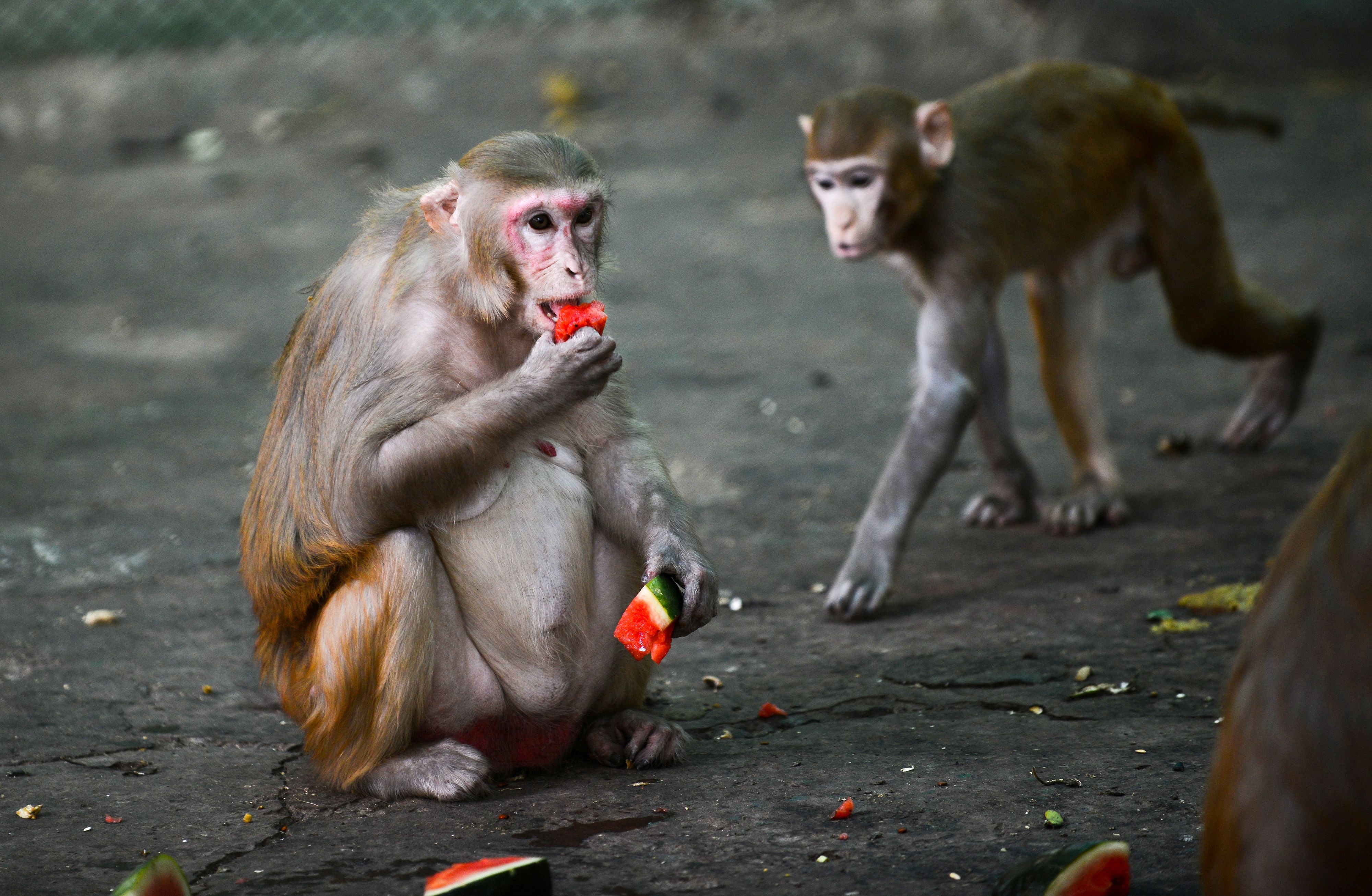Humans told to socially distance around wild animals to avoid ‘considerable risk’ of passing on coronavirus
Outbreaks could have ‘devastating impact’ on endangered species and lead to re-emergence of disesase in people, study warns

There is “considerable risk” that humans could transmit Covid-19 to wild animals, posing a potential threat to already endangered species, scientists have warned.
Studies have documented evidence that at least 60 mammals as wide-ranging as lions, pandas, beluga whales, ground squirrels and macaques could be at risk of infection with the virus, with the vulnerability of many other creatures still unknown.
Once transmitted coronavirus could circulate uncontrolled in these species and potentially cause new outbreaks in humans, said researchers.
Dutch biologists who reviewed dozens of previous studies on coronavirus in animals concluded “a wide range of distantly related mammals are likely to be susceptible” and vulnerability or resistance to the virus “is, in general, not predictable”.
They suggested sanitary precautions should be taken by humans interacting with any wild mammal, both to protect the animal and avoid establishing a Covid-19 “wildlife reservoir” that could thwart efforts to eradicate the disease.
"We really should avoid turning our pandemic into a multi-species problem," said lead author Sophie Gryseels, a postdoctoral researcher in evolutionary virology at KU Leuven university in Flanders.
"It's difficult enough to control the SARS-CoV-2 in human populations - imagine what it will be like if it spreads among wild mammals.
“They could also get sick and form a reservoir from which they can then again infect humans, but we can't ask animals to wear face masks and keep physical distance."
Researchers at University College London (UCL) warned in a separate study this week that dozens of animals, including domesticated species such as pigs, horses and sheep, may be vulnerable to coronavirus outbreaks “that could threaten endangered species or harm the livelihood of farmers”.
While the Belgian study also acknowledged that captive and domestic animals could also be at risk of Covid-19, its authors noted that regulations for prevention of human‐to‐animal transmission had mostly so far focused on pets and zoos rather than wildlife.
But an outbreak among wild animals could spread rapidly and would be “much less controllable”, they warned.
“It may also provide new opportunities for evolutionary changes in the virus, with potential consequences for transmissibility and pathogenicity in humans and effectiveness of a vaccine,” wrote the researchers in the journal Mammal Review.
They urged that additional safety measures should be employed in areas of with heightened risk of potential human-to-animal transmission, such as scientific research, conservation, forestry, pest control, ecological consultancy, management of natural environments, wildlife tourism, and animal shelters.
Anyone coming into close contact with wild animals should maintain physical distancing where possible, wear face masks and gloves, and frequently decontaminate equipment, the authors said.
“Combined with the potential devastating impact on both humans and wild mammalian populations that sustained SARS‐CoV‐2 transmission in wildlife would have, we urge people to take sensible sanitary precautions when in contact with any wild mammal species,” they wrote.
The researcher also called for “active surveillance” of domestic and feral mammals to pick up any early signs of coronavirus outbreaks.
Join our commenting forum
Join thought-provoking conversations, follow other Independent readers and see their replies
Comments
Bookmark popover
Removed from bookmarks